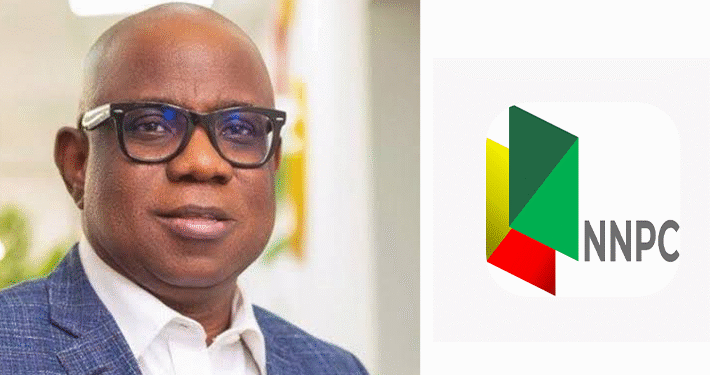The head of Nigeria’s state oil corporation has warned that sophisticated international criminal syndicates are capitalizing on continental security vulnerabilities to orchestrate large-scale crude oil theft operations across Africa, calling for strengthened security frameworks to combat the menace.
Bashir Ojulari, Group Chief Executive Officer of the Nigerian National Petroleum Company Limited, delivered this assessment during his address at the Africa Chief of Defence Staff Conference in Abuja on Monday, emphasizing that oil theft extends far beyond local criminal activities to encompass organized transnational networks.
Speaking before a distinguished gathering of continental defense leaders, Ojulari stressed that crude oil theft represents a complex international operation rather than isolated local crimes. He argued that these criminal enterprises systematically identify and exploit weaknesses in state, national, and continental security systems to conduct their illegal operations.
The NNPCL chief’s remarks highlighted the sophisticated nature of modern oil theft, suggesting that criminal organizations possess the resources and expertise to conduct extensive reconnaissance of security arrangements across multiple African nations. This assessment underscores the need for coordinated continental responses to address what he characterized as a transnational security challenge.
Despite acknowledging the broader continental threat, Ojulari reported significant progress in combating crude oil theft within Nigeria’s oil-producing Niger Delta region. He credited collaborative efforts between government agencies and security forces for dramatically improving the operational environment for oil production and transportation.
According to the NNPCL chief, pipeline availability and crude oil receipt rates have shown remarkable improvement following intensified security measures. He revealed that pipeline and terminal crude oil receipt rates, which had previously fallen to critically low levels of 20 to 30 percent, have now approached near-complete capacity thanks to enhanced security cooperation.
The transformation in Nigeria’s oil security situation represents a significant operational achievement, given the historical challenges posed by pipeline vandalism and crude theft in the Niger Delta. Ojulari attributed this success to what he described as “immense and intentional efforts” by various government agencies working in coordination with security forces.
Emphasizing the strategic importance of security in the energy sector, Ojulari noted that effective security arrangements serve as fundamental pillars for achieving energy security objectives at national, regional, and continental levels. He argued that the Nigerian experience demonstrates the potential benefits of collaborative security approaches within the energy sector.
The NNPCL chief described issues such as crude theft, pipeline attacks, and reduced pipeline availability as challenges that have become “stories of the past” for Nigeria’s oil industry, crediting intelligence agencies and security forces for this transformation.
The Africa Chief of Defence Staff Conference drew participation from high-level continental and international officials, reflecting the strategic importance of security cooperation across African nations. Vice President Kashim Shettima represented President Bola Tinubu at the gathering, which also featured United Nations Deputy Secretary-General Amina Mohammed among its participants.
Other notable attendees included Nigeria’s National Security Adviser Nuhu Ribadu, Chief of Defence Staff General Christopher Musa, and ECOWAS Commission President Omar Touray. The African Union was represented by Commission Chairperson Mahamoud Youssouf, while former Nigerian UN Permanent Representative Ibrahim Gambari and Federal Inland Revenue Service Chairman Zacch Adedeji also participated in the proceedings.
The conference’s focus on continental security challenges reflects growing recognition among African leaders that many contemporary security threats transcend national boundaries and require coordinated responses. Ojulari’s presentation on international oil theft syndicates exemplifies this broader understanding of security challenges facing the continent.
His call for enhanced security architecture suggests that addressing sophisticated international criminal networks requires more than national-level responses, demanding instead integrated continental approaches that can match the scale and sophistication of transnational criminal operations targeting Africa’s natural resources.



















